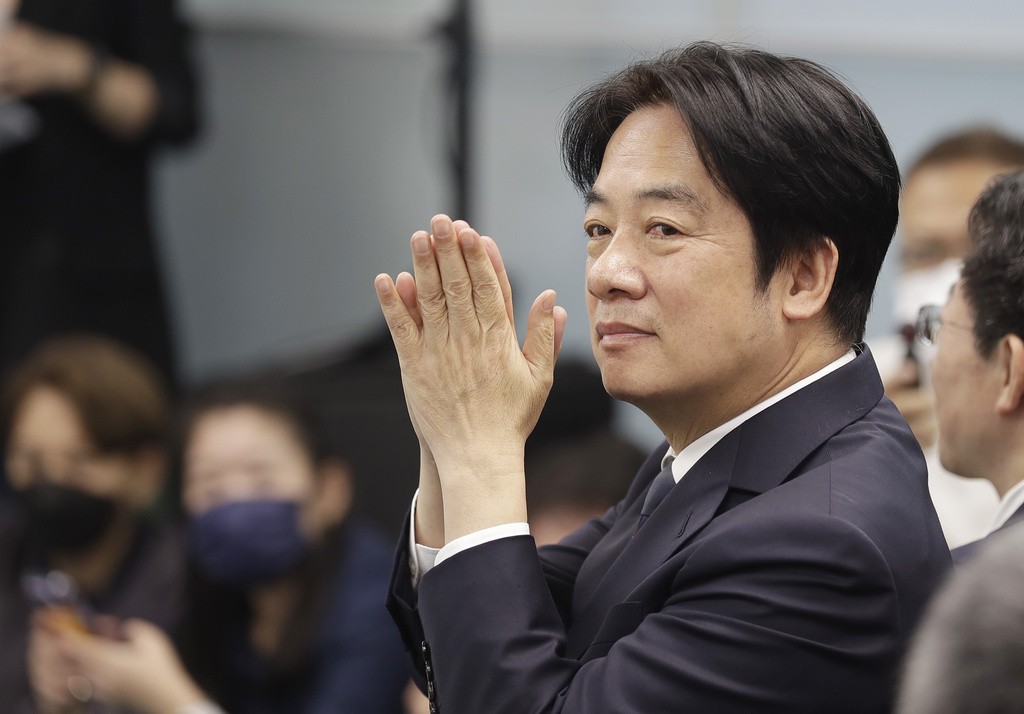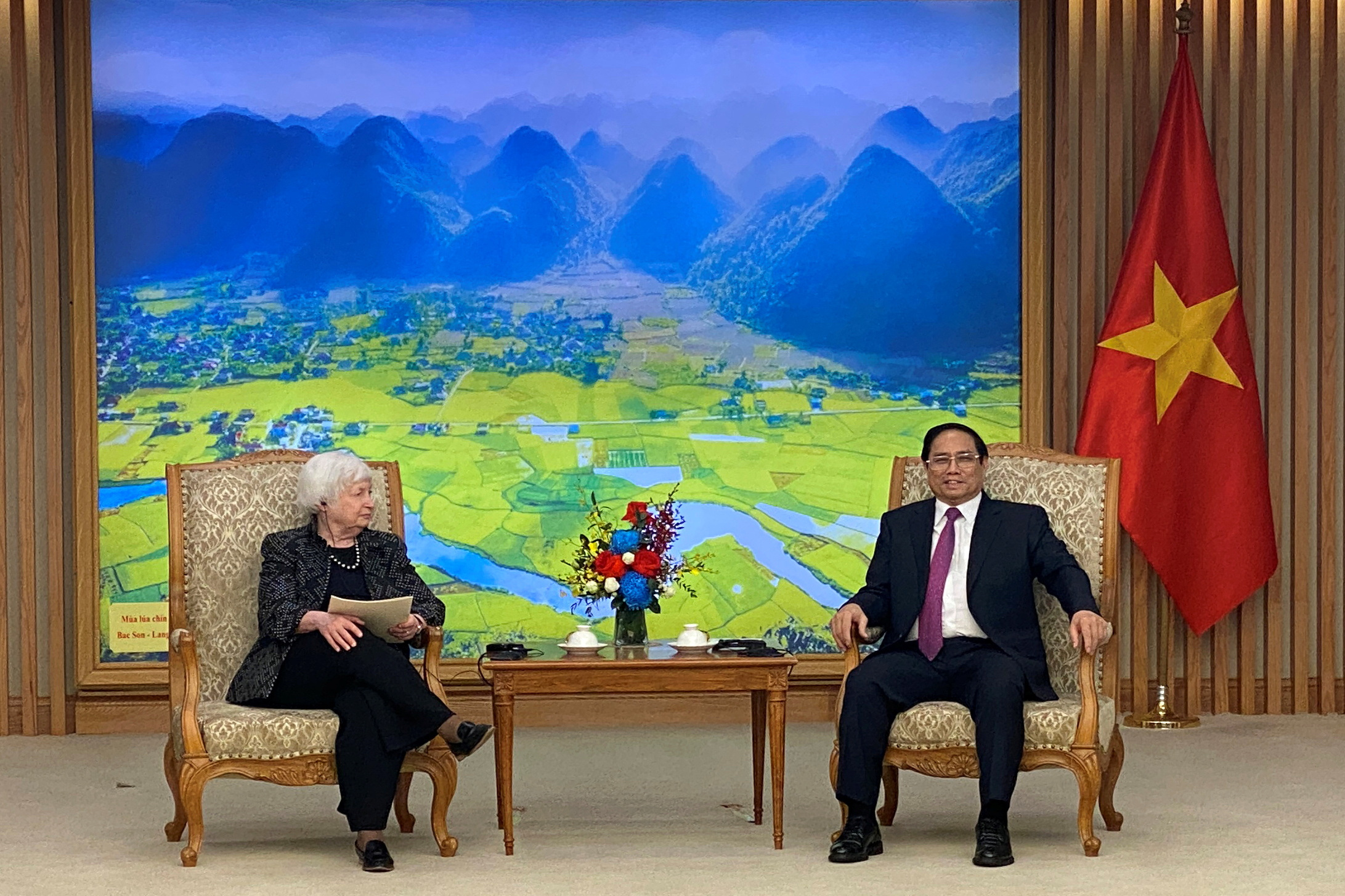In a display of escalating tensions between China and Taiwan, China’s ambassador to the United States, Xie Feng, announced on Wednesday that China’s “priority” is to prevent Taiwan’s Vice President and presidential candidate, William Lai, from visiting the United States next month. The move comes as China intensifies its efforts to exert military and political pressure on Taiwan, in a bid to assert its sovereignty claims over the island, which has staunchly rejected Beijing’s demands. With Taiwan’s presidential and parliamentary elections just around the corner, Lai’s visit to the US has sparked fury from China, further fueling the long-standing dispute.
Taiwan’s Vice President and Presidential Candidate Faces Chinese Opposition
William Lai, the ruling Democratic Progressive Party’s (DPP) presidential candidate and Taiwan’s Vice President, is currently favored in most opinion polls for the upcoming presidential election in January. This has drawn Beijing’s attention and ire, leading the Chinese government to label Lai as a “separatist” and seek to block his visit to the US. Lai intends to make a stopover in the United States on his way to and from Paraguay for the inauguration of its new president, Santiago Peña, on August 15. China views Lai’s visit as a challenge to its “One China” policy and an endorsement of Taiwan’s separate identity.
China’s Assertive Claims and Taiwan’s Rejection
China’s stance on Taiwan remains clear – it considers the island as its own territory and aims for peaceful “reunification.” However, Taiwan’s government, led by President Tsai Ing-wen, has repeatedly rejected Beijing’s claims, asserting that only the people of Taiwan have the right to determine their future. Despite Taiwan’s offers for dialogue, China has consistently dismissed such proposals, labeling the Taiwanese government and its officials as “separatists.” As the political and military pressure from China increases, Taiwan’s Ministry of Foreign Affairs has responded, questioning China’s commitment to peace while harassing the island with its military actions.
The Gray Rhino Charging at China
Chinese Ambassador Xie Feng likened Lai’s US visit to a “gray rhino charging at us.” This metaphorical representation refers to an obvious but ignored threat. By preventing Lai’s visit to the United States, China aims to contain what it perceives as provocative moves by Taiwan’s “separatists.” The increased presence of Chinese warplanes and warships around Taiwan further demonstrates China’s assertiveness in the region and its determination to curb any actions that challenge its sovereignty claims.
The escalating tensions between China and Taiwan have reached new heights as China prioritizes efforts to prevent Taiwan’s Vice President and presidential candidate, William Lai, from visiting the United States. With the elections approaching, China’s opposition to Lai’s visit adds another layer of complexity to the already strained cross-strait relations. As both sides continue to assert their positions, the international community closely watches the developments, hoping for a peaceful resolution to the longstanding dispute. However, with military exercises and political posturing becoming increasingly common, the situation remains precarious and uncertain.
















